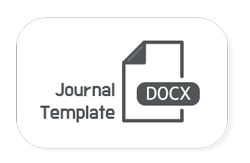The Time Bank Mutual Assistance Pension Model: An Empirical Study on the Mechanisms of Influence among Different Stakeholders
DOI:
https://doi.org/10.53935/26415313.v8i1.310Keywords:
Participation Willingness, Stakeholder, Time Bank.Abstract
This study aims to explore the mechanisms of influence among different stakeholders in the operation of the Time Bank Mutual Assistance Pension Model. Based on stakeholder theory, data were collected through a descriptive cross-sectional study and self-administered structured questionnaires, and then analyzed using SPSS software. The results indicate that government pricing design rules, the level of regulation of the Time Bank model, and the extent of blockchain technology application play a significant role in influencing elderly individuals' willingness to participate in the Time Bank. The study finds that government pricing design rules impact the participation willingness of the elderly, with reasonable pricing rules enhancing their willingness, while the level of regulatory norms in the Time Bank model and the degree of blockchain technology adoption also significantly affect participation intentions. The contribution of this research lies in constructing a multi-factor interaction theoretical framework for the Time Bank, providing empirical support and theoretical innovation for the development mechanisms of pension models. Future research could deepen the understanding of the mechanisms influencing the willingness of elderly groups to participate in the Time Bank model by increasing the study subjects, expanding the data collection period, and considering additional influencing factors.
Downloads
Downloads
Published
How to Cite
Issue
Section
License

This work is licensed under a Creative Commons Attribution-NonCommercial 4.0 International License.












